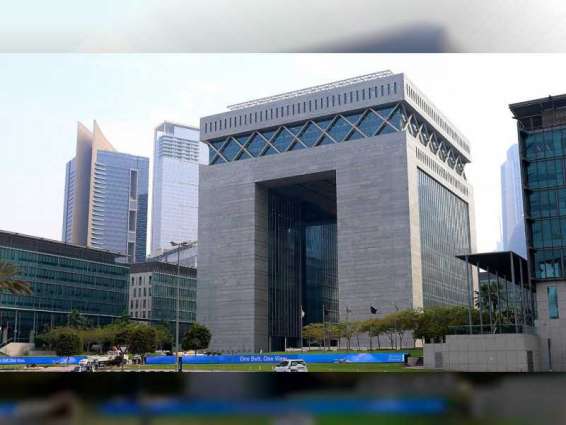DUBAI, (Pakistan Point News - 28th Oct, 2019) The Dubai International Financial Centre, DIFC, hosted today the launch of the International Monetary Fund October 2019 Regional Economic Outlook report for the middle East, North Africa, Afghanistan and Pakistan.
The report shows that the impact on growth in the MENAP region from global headwinds has been muted thus far. However, growth remains too low to meet the needs of growing populations, while risks to the outlook have increased. They include global trade uncertainties, volatile oil prices, geopolitical tensions, and domestic vulnerabilities in some countries.
Fiscal vulnerabilities rising debt and elevated budget deficits continue to weigh on the region’s growth potential. The report thus calls on governments to strengthen fiscal balances in an equitable manner, protecting the poor and most vulnerable.
The report also underscores the need to accelerate structural reforms including improving the business environment and modernising the regulatory framework to stimulate private investment and foster job creation.
According to the IMF, these policies would put countries on a more sustainable and higher growth path, helping boost competitiveness, attract foreign direct investment, FDI, and tackle public debt. Greater transparency combined with strengthened procurement could reduce the volatility of discretionary government spending and improve the predictability of fiscal policy.
The region has in recent years experienced a surge in portfolio and bank flows which, in many countries, helped finance external and fiscal deficits. While capital flows have remained resilient, the region’s increased integration in the global financial markets has made it more exposed to shifting market sentiments. Revitalising FDI by easing restrictions and promoting macroeconomic stability while deepening domestic financial markets can provide more stable sources of funding, thus mitigating the risk of volatile portfolio flows.
Peyman Al Awadhi, Senior Vice President – Official Spokesperson at DIFC Authority said: "We take great pride in offering the prestigious IMF institution a platform to outline the key areas for the MENAP region that must be prioritised to navigate the challenges and maximise its potential. Supporting the IMF in its biannual regional economic outlook report is a key priority for the DIFC and reflects our strategic partnership for supporting the economic diversity of the region.
"As a global top 10 international financial centre, we are focused on providing a stable financial ecosystem for businesses of all sizes to thrive. DIFC has already brought its legal and regulatory standards in line with international best practice and we are proud to develop talent and offer businesses the ease of access to the MENAP region, using the DIFC as a springboard to growth."
Global trade uncertainties and rising geopolitical tensions continue to affect the prospects of the MENAP region. There are growing concerns of trade tensions between China and the United States and potential for a disorderly Brexit as it will reduce demand from countries such as Morocco and Tunisia which share close ties with Europe.
Jihad Azour, Director of the IMF’s Middle East and Central Asia Department, said: "To pave the way for higher growth in the face of a challenging global environment, countries of the region should accelerate structural reforms that boost private sector activity and lift productivity.
"Additionally, both oil exporters and importers should work to ensure they can meet their fiscal objectives while taking utmost care to protect poor communities and promote inclusion. It remains essential to provide young people with job and other economic opportunities and small and medium-sized enterprises with greater access to finance. Finally, improving economic governance, for example, by making budget processes more transparent and strengthening fiscal institutions, would help put countries on a more sustainable and prosperous economic path."
The IMF Regional Economic Outlook report details trends and developments across countries of the Middle East, North Africa, Afghanistan, Pakistan and the Caucasus and Central The report’s findings and indicators are widely used as a benchmark for future economic projections and set the tone for growth, trade and investment.




